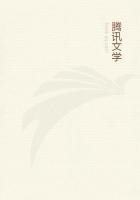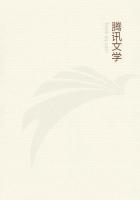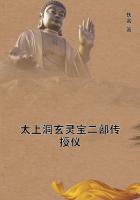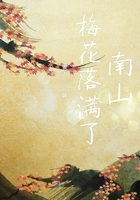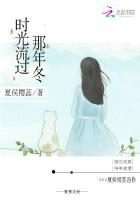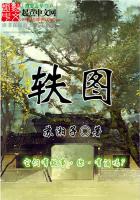Natural selection cannot possibly produce any modification in any one species exclusively for the good of another species; though throughout nature one species incessantly takes advantage of, and profits by, the structure of another. But natural selection can and does often produce structures for the direct injury of other species, as we see in the fang of the adder, and in the ovipositor of the ichneumon, by which its eggs are deposited in the living bodies of other insects. If it could be proved that any part of the structure of any one species had been formed for the exclusive good of another species, it would annihilate my theory, for such could not have been produced through natural selection. Although many statements may be found in works on natural history to this effect, I cannot find even one which seems to me of any weight. It is admitted that the rattlesnake has a poison-fang for its own defence and for the destruction of its prey;but some authors suppose that at the same time this snake is furnished with a rattle for its own injury, namely, to warn its prey to escape. Iwould almost as soon believe that the cat curls the end of its tail when preparing to spring, in order to warn the doomed mouse. But I have not space here to enter on this and other such cases.
Natural selection will never produce in a being anything injurious to itself, for natural selection acts solely by and for the good of each.
No organ will be formed, as Paley has remarked, for the purpose of causing pain or for doing an injury to its possessor. If a fair balance be struck between the good and evil caused by each part, each will be found on the whole advantageous. After the lapse of time, under changing conditions of life, if any part comes to be injurious, it will be modified; or if it be not so, the being will become extinct, as myriads have become extinct.
Natural selection tends only to make each organic being as perfect as, or slightly more perfect than, the other inhabitants of the same country with which it has to struggle for existence. And we see that this is the degree of perfection attained under nature. The endemic productions of New Zealand, for instance, are perfect one compared with another; but they are now rapidly yielding before the advancing legions of plants and animals introduced from Europe. Natural selection will not produce absolute perfection, nor do we always meet, as far as we can judge, with this high standard under nature. The correction for the aberration of light is said, on high authority, not to be perfect even in that most perfect organ, the eye.
If our reason leads us to admire with enthusiasm a multitude of inimitable contrivances in nature, this same reason tells us, though we may easily err on both sides, that some other contrivances are less perfect. Can we consider the sting of the wasp or of the bee as perfect, which, when used against many attacking animals, cannot be withdrawn, owing to the backward serratures, and so inevitably causes the death of the insect by tearing out its viscera?
If we look at the sting of the bee, as having originally existed in a remote progenitor as a boring and serrated instrument, like that in so many members of the same great order, and which has been modified but not perfected for its present purpose, with the poison originally adapted to cause galls subsequently intensified, we can perhaps understand how it is that the use of the sting should so often cause the insect's own death:
for if on the whole the power of stinging be useful to the community, it will fulfil all the requirements of natural selection, though it may cause the death of some few members. If we admire the truly wonderful power of scent by which the males of many insects find their females, can we admire the production for this single purpose of thousands of drones, which are utterly useless to the community for any other end, and which are ultimately slaughtered by their industrious and sterile sisters? It may be difficult, but we ought to admire the savage instinctive hatred of the queen-bee, which urges her instantly to destroy the young queens her daughters as soon as born, or to perish herself in the combat; for undoubtedly this is for the good of the community; and maternal love or maternal hatred, though the latter fortunately is most rare, is all the same to the inexorable principle of natural selection. If we admire the several ingenious contrivances, by which the flowers of the orchis and of many other plants are fertilised through insect agency, can we consider as equally perfect the elaboration by our fir-trees of dense clouds of pollen, in order that a few granules may be wafted by a chance breeze on to the ovules?

